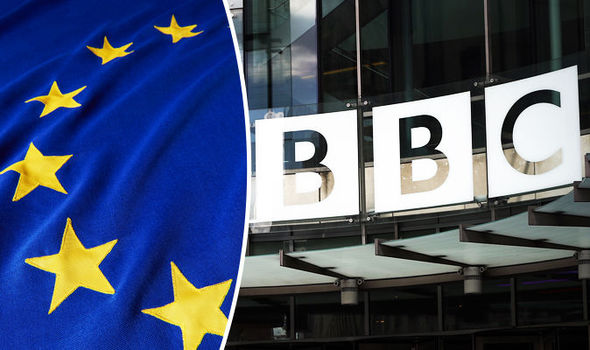Last Updated on October 20, 2023
It’s almost essential nowadays to have access to a VPN or proxy service, not just for the security concerns but because the internet has become a minefield of blocked sites, copyright issues and geo-inspired redirections. A few years ago, you were rarely blocked from any website but now it’s a daily occurrence and if you live outside Europe or North America it can be even worse.
Now there are lots of reasons for these blocks but most of them revolve around copyright and profit maximisation. Sometimes that video or movie is only licensed in a specific country so cannot be broadcast to other locations – a ridiculous notion in the concept of a global network like the internet. However there is an important proposal being tabled by the European Union that could change the way that digital products are sold and distributed across the world.
Basically it is proposing a ruling that ensures the portability of digital products in line with one of the EU’s fundamental ideals of a single market. What that means is that if you buy a service anywhere in Europe you should be able to access your purchase from anywhere. This is clearly not the case at the moment, even to the extent that a British License fee payer loses access to the iPlayer the minute they leave the confines of the UK. They are not alone and virtually every global media service blocks and restricts access based on locations.
This would be fantastic for the consumer and no longer would we need to use a plethora of proxies to access content online. It does get ridiculous sometimes, when you switch from a US VPN like this one minute in order to watch NBC and then to a UK one to watch the BBC. Some days I switch IP addresses a dozen times to avoid various blocks especially if I visit the Far East It’s also getting worse with the BBC who were reasonably relaxed about these circumvention techniques now starting to target and block VPNs in order to maximise their commercial revenue from the new BBC Store.
It’s frustrating to see a service like Netflix delivering vastly different products dependent on your location – the US version of Netflix has thousands more films than most other country variants. Obviously the Media companies are less than impressed mainly because it restricts the level at which they can leverage different markets to maximise their profits. One comment from the leaders of a TV and media lobby –
“Any intervention that undermines the ability to license on an exclusive territorial basis will lead to less investment in new products and reduce the quality and range of content available to consumers.”
John McVay – CE of TV Producers Organisation Pact
There is plenty of opposition from other media organisations of course and whether any proposals can withstand the lobbying remains to be seen. It is still unclear if the changes would permeate to the USA but in all it could be significant change in the way we access digital products and services.

